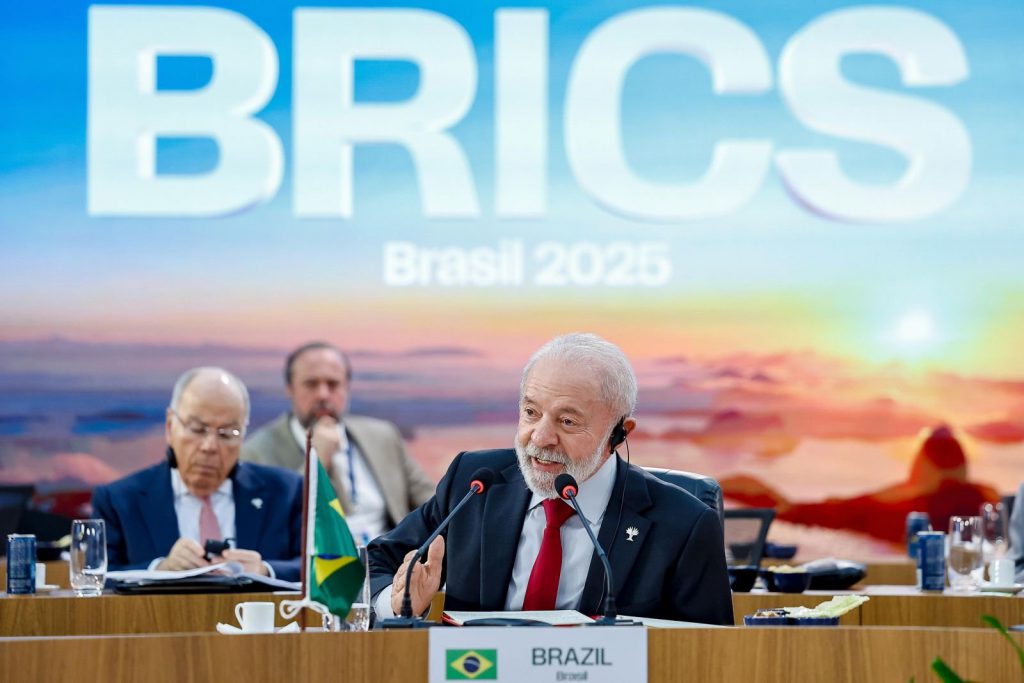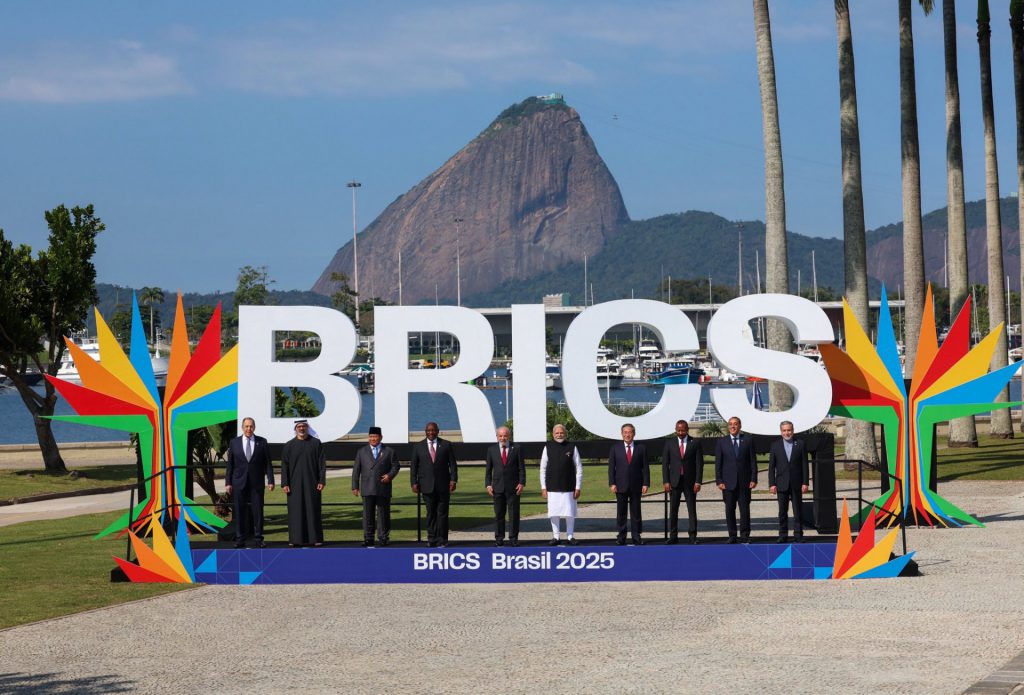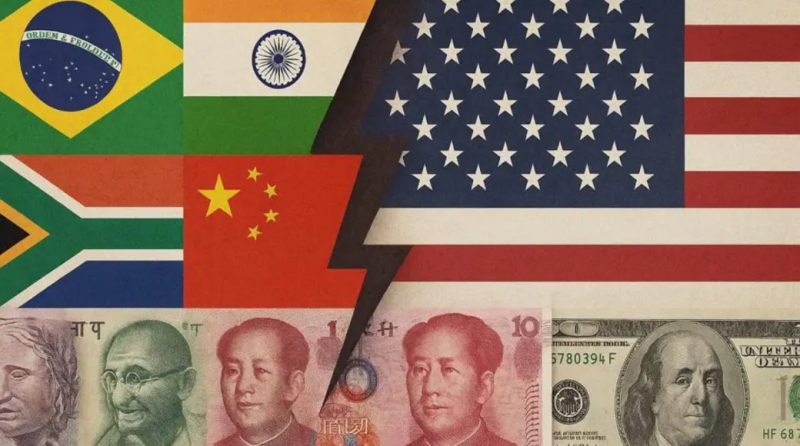As the global economic balance tilts and new alliances emerge, one question echoes through diplomatic halls and financial markets: Can BRICS really challenge the dominance of the US? With the addition of new members and a renewed push toward de-dollarization, the alliance is no longer just a symbolic bloc. It’s a growing coalition that seeks to reshape the global financial order. But how close are they to actually succeeding?
Also Read: India Distances Itself From BRICS To Secure Trade Deals With the US
Areas BRICS Challenges the Might of the US Dollar


- De-Dollarization: A Bold Economic Agenda
The de-dollarization initiative from BRICS is indeed the boldest agenda that is shaking the roots of the US-dominated global order. The decision to reduce dependency on the US-based financial assets can cause direct harm to the American economy. The bloc is signing bilateral trade deals using national currencies signaling that it prefers to boost its respective economies. The answer here is clear, local currencies first and the US dollar later.
- Strategic Control Over Resources
BRICS nations now control a significant share of the world’s energy and commodity reserves outpacing the US. For example, Russia, Iran, and the UAE are oil and gas giants. Brazil is a food and agriculture powerhouse. South Africa is a key player in gold, platinum, and rare earth metals. China dominates the global manufacturing sector and also possesses rare earth minerals. If these countries decide to settle all these trades only in national currencies, the US dollar will be in deficit.
Also Read: BRICS Omits De-Dollarization & New Currency at 2025 Summit
Where the Alliance Falls Short


- No Real Alternative to the US Dollar
Despite numerous attempts and threats of creating a new currency, BRICS has no alternative tender to challenge the US dollar. There is no BRICS currency in place nor have they decided to trade in a single tender. Each member wants to put their currency forward and is not in agreement with other nations’ currencies. Therefore, they will have to rely on the US dollar for international trade and transactions.
- Internal Divisions
India and China have tense military border disputes and trade relations and don’t see each other in the eye. They regularly indulge in mud-slinging at the National level but share the stage at international summits like nothing happened. Also, the other member nations like Ethiopia and Egypt have limited global financial influence. South Africa and Brazil are not aggressive in their financial stance and the UAE shares cordial relations with the West. In addition, Russia faces economic isolation and sanctions from the US.





